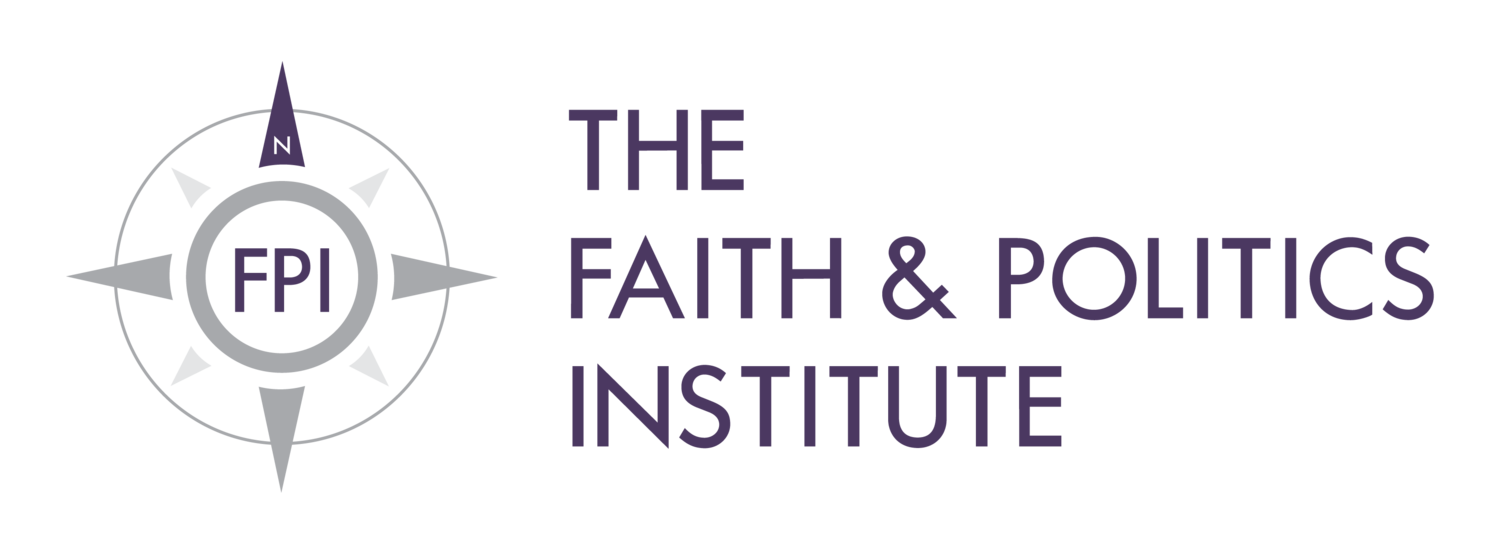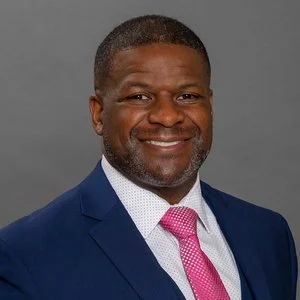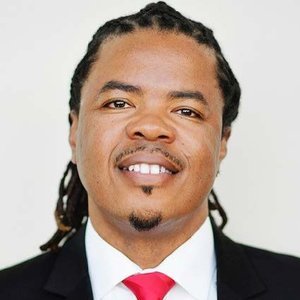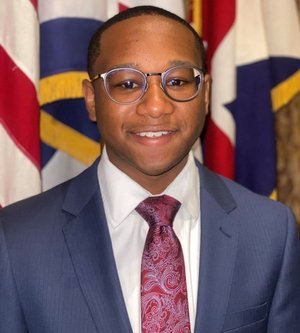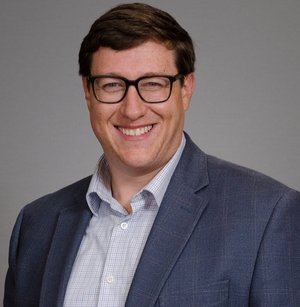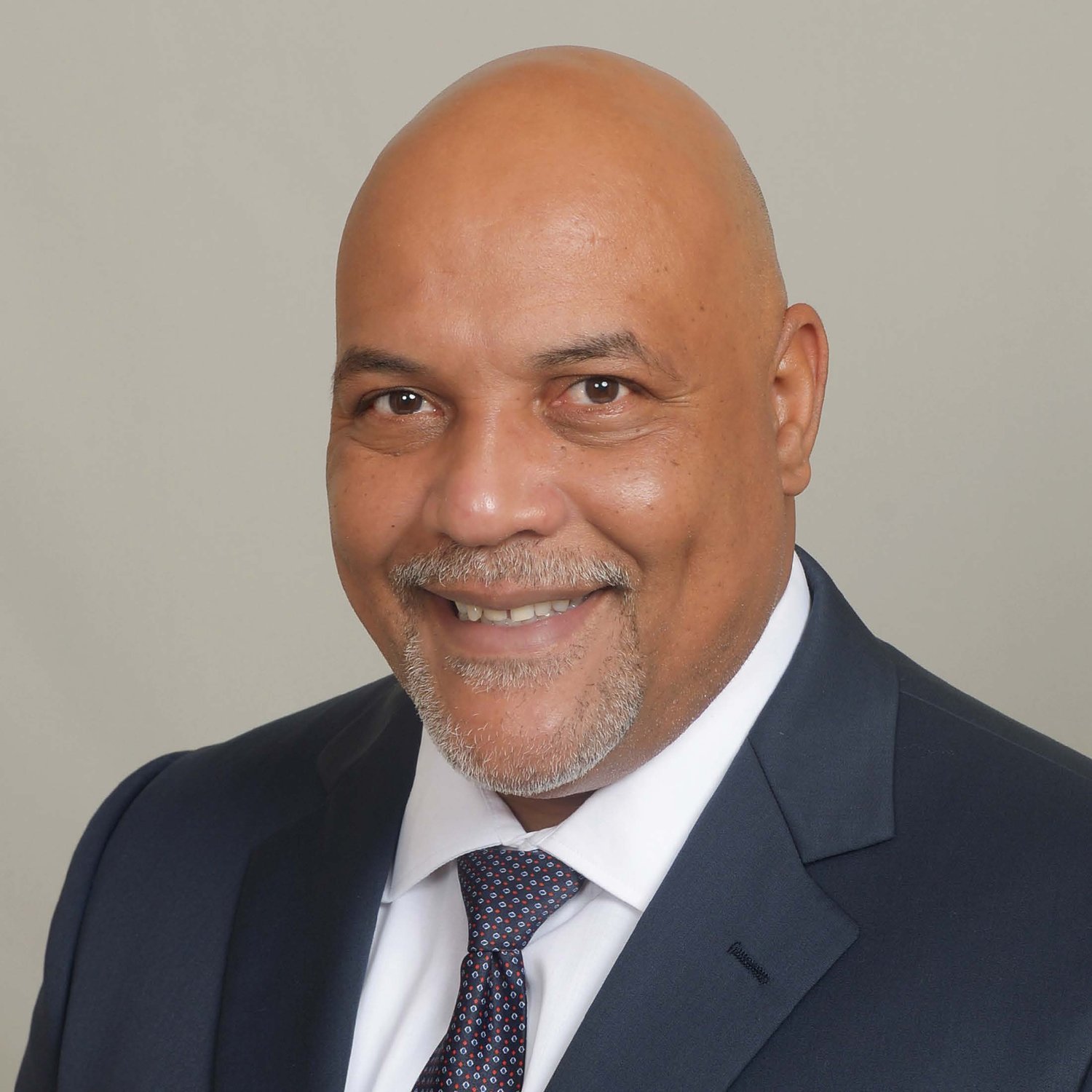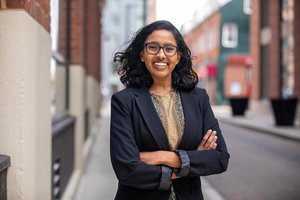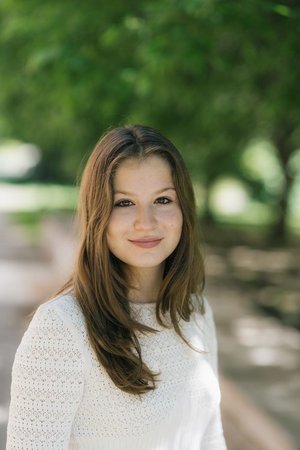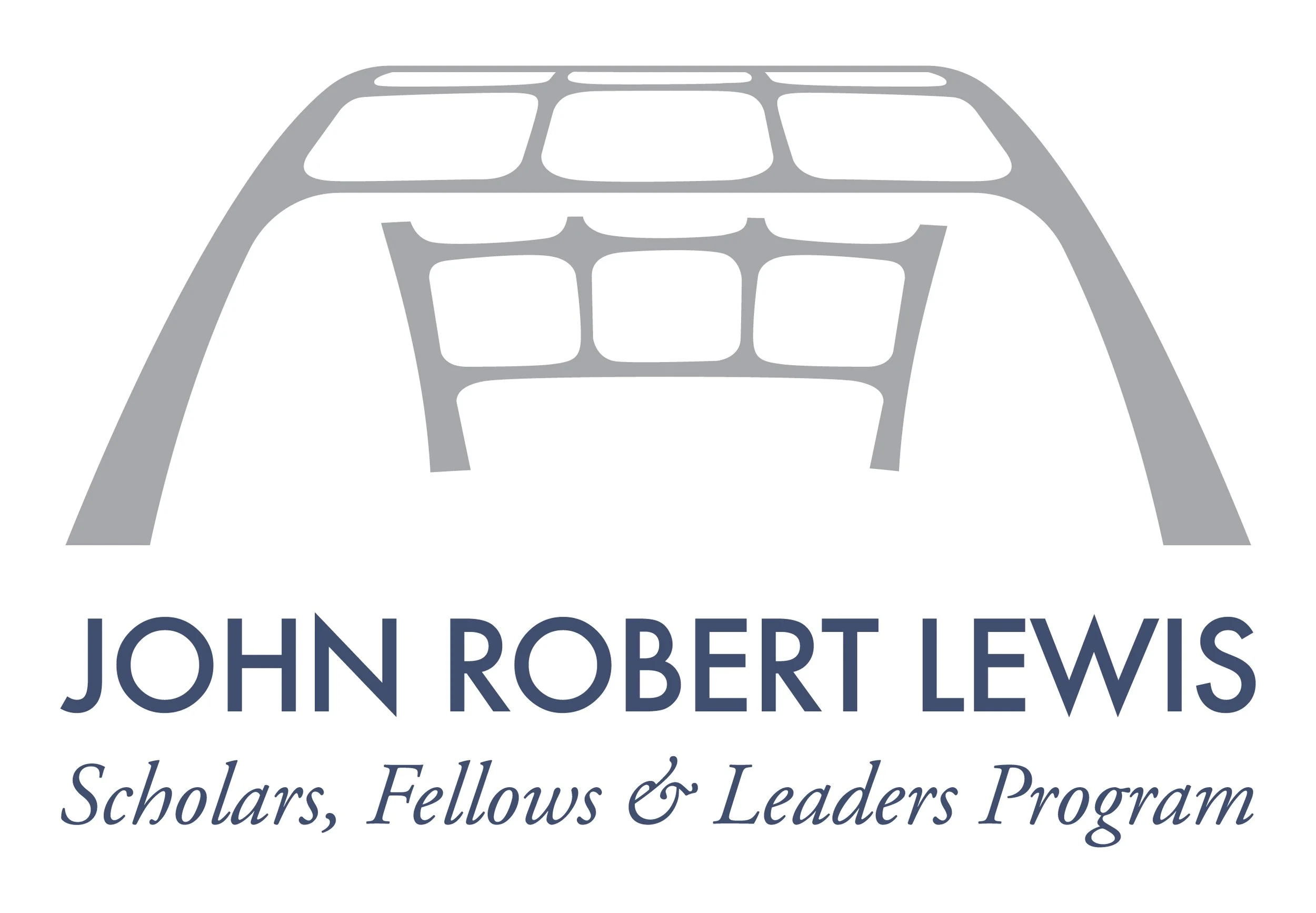Cohort Two Oral History Projects
(2022 - 2023)
Heroism is About the Hidden Figures: The Story of Milton Collins Jr.
by John Robert Lewis Fellow kimberly collins
This documentary highlights the life and impact of Milton Collins Jr. a Mount Vernon, New York native and gymnastics luminary. Showcasing a once prominent gymnastics star, Collins' story unveils his impact on Mount Vernon and some of the racial and socio-political barriers that limited his dream to perform gymnastics at an Olympic level. Although Collins did not achieve all that he set out to do, his influence and impact through his journey changed the lives of many.
African American Museum of Southern Arizona: Executive Director - Beverly Elliott
By john robert lewis Leader kadar hamilton
This oral history tells the story of Ms. Beverly Elliott, the founder of Arizona’s first African American museum. She was inspired by her grandson Jody to open the museum to share the rich history of Tucson and the Midwest. Beverly Elliott takes pride in uncovering hidden and almost forgotten truths in our history. She also has a history in nonviolence, she participated in the Martin Luther King, Jr. protest in Arizona in 1983.
“A Child of Selma”: Yesterday - Today - Tomorrow
By John Robert Lewis Leader Terrel Respass
Mrs. Lynda Blackmon Lowery takes us on a journey through Selma in her words, sharing the initial works of Dr. Bernard Lafayette, Jr., and the non-violence principals. She also shares her personal commitment at the age of 7 years old to make a difference in the world due to her experiences, and how a Sunday Service by Dr. Martin Luther King would change her life, forever. She addresses the post-traumatic stress and weight of the history that loomed over her for decades, and how we should educate the future generations to never allow the horrors of the past to shape our tomorrow.
An Interview with Judy Hines Bailey
By John Robert Lewis Leader Kaylan bailey
Judy Hines-Bailey has many labels: wife, twin, daughter, Delta soror and Domestic Diva but I know her more so as Mom. Picking from what may be your average everyday person, who is going above and beyond to help shape her community and continuously showcasing her leadership, that's my mom. My mom explains her drive and motivation that were instilled in her at a young age through her parents. I hope you enjoy my oral presentation on my mom, a leader in the community making a lasting impact in society.
An Interview with Patricia L. Torres
By John Robert Lewis scholar bianca torres murray
I chose to interview Patricia Torres, my mother, for my oral history project. Oftentimes, we only see our parents in the role of mother or father; however, I think it's important to also see them as the leaders, changemakers, and trailblazers they are. I sought to learn more about the social, political, and economic factors that shaped my mother's values, career, and the way she raised me. Throughout the interview, I focused on topics revolving around race, the influence of our Mexican culture, familial values, and education. I am grateful to have had the opportunity to learn more about the resilience of my mother throughout higher education and while navigating Los Angeles politics as a Latina.
“A Great Community for All”: Racial Justice, Racial Equity, and Social Progress in Morrilton, AR & Conway County, AR
By John Robert Lewis fellow baxter yarbrough
Linda Everette-Williams’s family has lived in Conway County, Arkansas for multiple generations. She is the descendant of activists and community organizers who shaped their communities for the better, pushing for progress and goodness in the public arena. Her family members had lived in a rural black community in the county prior to moving into Morrilton city limits.
According to His Purpose: The Educational Equity Pursuit of Saundra Yancy McGuire, Ph.D.
By John Robert Lewis scholar antavion moore
This oral history project tells the story of Dr. Saundra Yancy McGuire, retired assistant vice chancellor, professor emerita of chemistry, and director emerita for the center for academic success at Louisiana State University. In the interview we cover her childhood/background, education, early professional career, her time at LSU, and her retirement and present life.
An Indo-Caribbean Activist Organizing in the Deep South: Vyanti Joseph
By John Robert Lewis fellow vaidehi persad
In this oral history interview with Vyanti Joseph we unpack aspects of her life as an Indo-Caribbean immigrant. Vyanti was born in Trinidad and immigrated to the US in Georgia as a young girl. While moving to the deep south in the US as a teenager, especially with a working class family, Vyanti experienced the obvious barriers to accessing education and socio-economic mobility, but also frequently engaged in giving back to those facing these same barriers during that time.
An Interview with Sharmain Harris
By John Robert Lewis Leader Tyler Clark
This oral history shares the inspiring story of a man who has overcome incredible odds and become a leader in his community. His name is Sharmain Harris, and he is a father, husband, professor, speaker, business owner, and former inmate from Kenosha, Wisconsin. Sharmain has a remarkable personal journey of transformation and redemption.
Our Beloved Community: Mr. Juan S. Jones
By John Robert Lewis Leader Peter Dumas
The Oral History Project with Juan Jones was not by accident. I consider Mr. Jones a dear friend and a person that I admire. Mr. Jones has had an extraordinary life from a child who was taught to “Do your very best. Do not try to be the best; just do your very best every day in everything you do.” Raised in South Carolina, Mr. Jones and his family have had a rich history spanning centuries filled with unfathomable inequality struggles and purposeful achievements, driven by an unwavering faith in God, family, and their beloved community. This story is just the tip of the iceberg.
An Interview with Adhlere E. Coffy
BY JOHN ROBERT LEWIS LEADER Akbar Coffy
The overall projection description is one of personal responsibility. Throughout the entire interview, Adhlere and I had a very thought-provoking discussion regarding many topics. These topics included creating and maintaining common narratives, a shared history not a shared lineage, beloved community blockades, our own ability to humanize each other, etc. We even had discussions around the philanthropic sector effort in raising the overall awareness of Diversity, Equity, and Inclusion. The common thread that kept surfacing was the one-off, what responsibility is each of us going to have. How are we going to be active participants as we move towards the ownership of the necessary shared history initiatives, such that we cannot be left to simply demonizing or valorizing each other. We have to hold each other accountable, least we may fall to simply feeding our very own main character syndrome.
An Interview with Rev. Jerome Stephens
BY JOHN ROBERT LEWIS Fellow kelvin mbi
A fourth-generation preacher from Plain Dealing, Louisiana. The son of the late Rev. Herbert and Juanita Stephens. He is known as the “Country Preacher”. He serves as an associate minister at the New Shiloh Baptist church of Baltimore, Maryland where Rev. Dr. Harold A. Carter, Jr. is the pastor. This interview delves into Stephens life as a husband and father, a faith-based leader, a community leader, a bridge builder, a public relations consultant, and an activist.
My Grandfather is from Sabbarin: The Story of Palestine
BY JOHN ROBERT LEWIS Fellow rawan abhari
This oral history tells the story of my grandfather Mustafa Abulibdeh. I decided to interview my grandfather about his direct experience from what has been called the Nakba of 1948 in Palestine. My grandfather always speaks for Palestine and issues that relate to it in his journalism career but I wanted his personal answers to what he experienced, even though he was young at the time. He currently lives in Amman, Jordan working as a journalist.
Black & Woman: Life in Louisville
BY JOHN ROBERT LEWIS scholar imani smith
For this oral history assignment, titled Black & Woman: Life in Louisville, I interviewed Mrs. Rhonda Washington Mathies – known to many in Louisville, KY (our hometown and community organizing base) as “Mama/Auntie Mathies”. As a Louisville native and specifically a “Smoketown Original” (referencing a predominantly Black, historic neighborhood proximate to downtown and west Louisville), Mathies has witnessed much of the ebbs-and-flows of the city’s history from her time as a young Black girl navigating educational integration to community tragedies at the cause of racism and police brutality to sharing spaces with other local and national civil rights icons, while creating opportunities for budding activists.
Connections Between Civil Rights and Agriculture
BY JOHN ROBERT LEWIS fellow hamsa ganapathi
In this oral history project, I interviewed Mia Jones and Chris Battle. Mia Jones is a farmer and community leader in Springfield, IL, who has directly heard the terrors of slavery from her grandparents. Chris Battle operates Battlefield Farms in Knoxville, TN. I started wanting to know how, beyond documentations by authors and academics, what the voices of history sound like in farmers and agricultural professionals who identify with communities of color, and these individuals have helped me find them.
Conversation with a Change Maker and a Trailblazing Family: Janice Mathis - General Counsel, National Council of Negro Women
BY JOHN ROBERT LEWIS leader james setterlund
Janice Mathis was born in Greensville, SC. Janice graduated with a degree in economics and public policy from Duke University and a Juris Doctor from the University of Georgia school of law. Janice was the executive director and is now the general counsel for the National Council for Negro Women. The Council was founded in 1935 by Dr. Mary McCloud Bethune and has roughly two million members with 38 national groups and 70+ partner groups at the college level to advocate on behalf of black women and educate on voting rights, social justice, entrepreneurship, health care, and STEM education.
An Interview with Rebecca Baker
BY JOHN ROBERT LEWIS scholar ania wellere
This oral history project allowed me to sit down with my grandmother and talk through the things that she experienced throughout her life and account for my great grandmother’s stories. My great grandmother was deeply involved in the civil rights movement and community work throughout her entire life. She supported young girls and single mothers, in our neighborhood and church; she wrote a book to fill the educational gap she felt needed to be filled for young girls/women to learn more about their bodies and how to embrace them; and she continues to support underserved communities through acts of kindness.
Questions on the Catholic Imagination(s): A Work in Progress
By John Robert Lewis Scholar Henry Sullivan
What creates the unlikely pairing of Cardinal Timothy Dolan and artist Andres Serrano? One answer is “the Catholic imagination” – a deep-rooted sensibility shaped by the symbols, images, and rites that incarnate Catholicism’s beliefs and traditions. But does a distinctive Catholic imagination exist? Or are there varieties of Catholic imaginations? In an original documentary in production, Henry Sullivan explores these questions with a cast of believers and artists that includes Cardinal Dolan and Andres Serrano along with Julia Yost of First Things, and Angela O’Donnell of Fordham University, and others.
Innocent Activism
BY JOHN ROBERT LEWIS scholar Cece king
For this oral history project I interviewed Jacqueline. Jacqueline spent the majority of her career representing wronged plaintiffs in class action suits and recently pivoted to asylum law. Prior to working at this asylum clinic, she taught trauma-informed yoga at Rikers Island Jail, a story that makes up the majority of our formal oral history. She was drawn to this form of movement after an acutely distressing personal experience. She ended up at Rikers not out of a need to proselytize the benefits of her cathartic practice, but to find a community of other women, and mostly mothers, who were working through their trauma too.
Intersectional Coalition Building: Los Angeles Justice-Centered Grassroots Community Organizations Engage in Multi-Racial Coalition Building & Movement Solidarity
By John Robert Lewis Scholar Irene Franco Rubio
As a Latina of Guatemalan and Mexican descent growing up in the west valley of Phoenix, Arizona during the era of SB1070, an era when racial profiling was deemed legal and blatant racism was at an all-time high, this injustice ignited a fire within me in the fight for justice at an early age. Now as a MMUF scholar at USC, I have immersed myself within intersectional movements for justice in Los Angeles.
Interview of Tayna Fogle: Council Member, & Community Organizer in Lexington, Kentucky
By John Robert Lewis Fellow Nakia Ridgeway
Tayna Fogle can be described as a community organizer, advocate for women’s and voting rights, a woman of faith, a mother, grandmother and great-grandmother amongst many other titles. Ms. Fogle was elected as the First District Representative, the area in which she was born and raised, on the Lexington-Fayette Urban County Council in November 2022 in Lexington, Kentucky. This interview, recorded in August of 2023, explores how her life experiences and strong faith have informed and fueled her commitment to advocating for those in her community.
